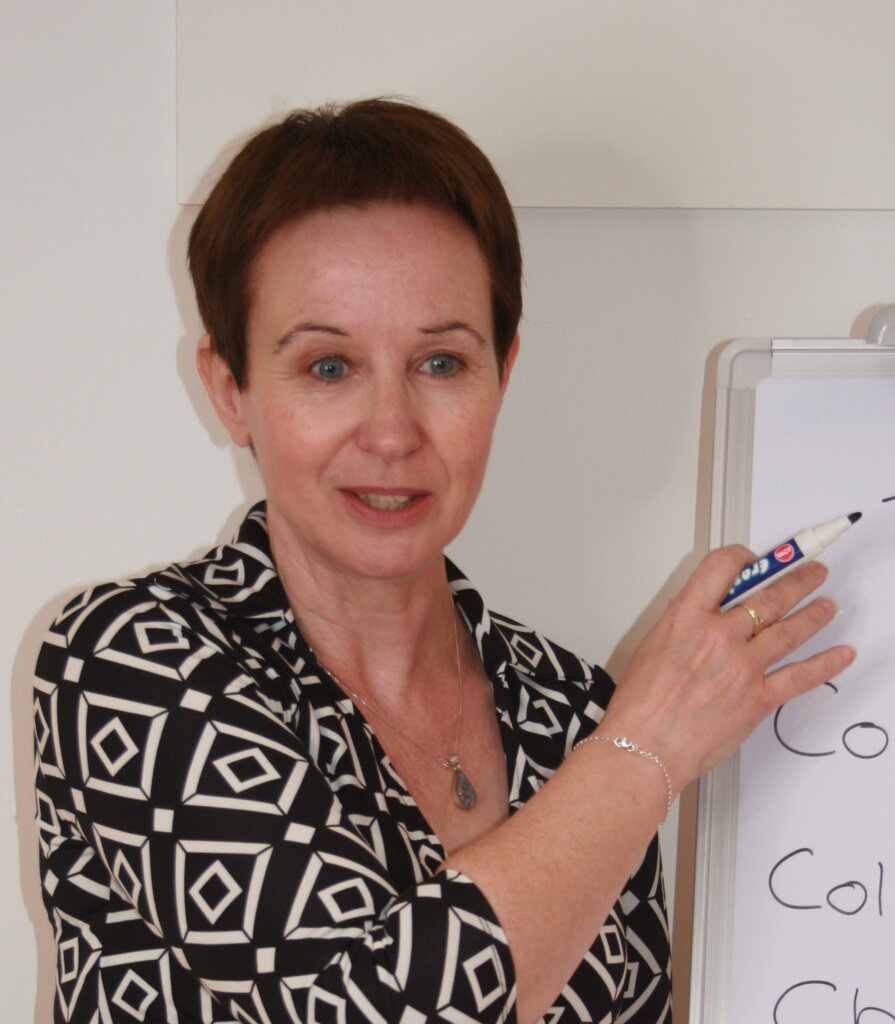Women's Health Workshop

When it comes to supporting women in the workplace, I worry that we have allowed the conversation to be somewhat diverted. Has the recent focus on menopause and menstruation distracted us from the myriad of issues that women face?
In no way do I seek to play down the effect of monthly hormonal changes and/or menopause on women. As somebody, who has been affected by both, I believe that I have a clearer understanding than many of how they impact us, but I worry that at times, they have become a diversion from some of the other issues that affect women.
Times are changing, the expectations on women to get married and raise a family are being challenged. There is a sea change happening as many younger women decide that this is not the way for them. Before deciding whether to have children this generation are more likely to consider the profound changes in the wider environment, their financial security, and to truly debate at some depth the reasons behind the decision to raise a family.

For those women who do choose to have children we must also consider whether we do enough to support them back to work. And it is erroneous to dismiss the physical, and emotional, effects of pregnancy and childbirth on women.
Workplace gender bias and imbalance exist, and despite the advent of The Equality Act in 2010, there appears to be no abatement.
In March 2024, a recent report undertaken by Treasury Committee MPs highlighted “shocking” levels of sexual harassment and bullying in London’s financial district. Sexism in its myriad forms is unacceptable and we can never underestimate the toll it takes on a person’s health.
In the same report, the lack of women in upper management roles is seen as indicative of gender bias. In contrast to many men at this level, who are often supported by non-working partners the majority of women still remain responsible for the home and children despite working full-time. Physically, and mentally, this is exhausting.

Women are more likely to experience multiple chronic ill health conditions than men. They are more likely to finish work early due to health problems and many find themselves languishing on NHS waiting lists for significant periods of time. The loss of older women in the workforce is a problem. “If you can see it you can be it,” but where are the role models for younger women?
The book by Dr Lucy Ryan, “Revolting Women: Why Midlife Women are Walking Out, and What to Do About it” highlights three significant workplace issues for women:
1. The preservation of power upheld through exclusion, bias, and inflexibility.
2. The impact of midlife change points including menopause, health problems, death, or illness, of elderly parents, and caring responsibilities.
3. Fatigue against ageism and sexism in the workplace.

Each of the points above singly or in combination can erode mental health. Mental health plays a major role in the progression of physical health conditions. If we are serious about tackling women’s health, then a good place to begin is by understanding the stressors that women face in the workplace.
In these workshops we work with facts as we explore the issues and the ways that intelligent employers can retain their female workforce. These women are our mothers, sisters, partners and wives. They are not faceless. They are not asking for more than their male colleagues. They seek respect and emotional intelligence. They matter, their input matters, and their mental and physical health matter.
It benefits everybody when we look at ways to minimise the stresses and find accommodations that allow women to remain in work.
Not just for women these workshops are vital to build emotional intelligence across your teams.
